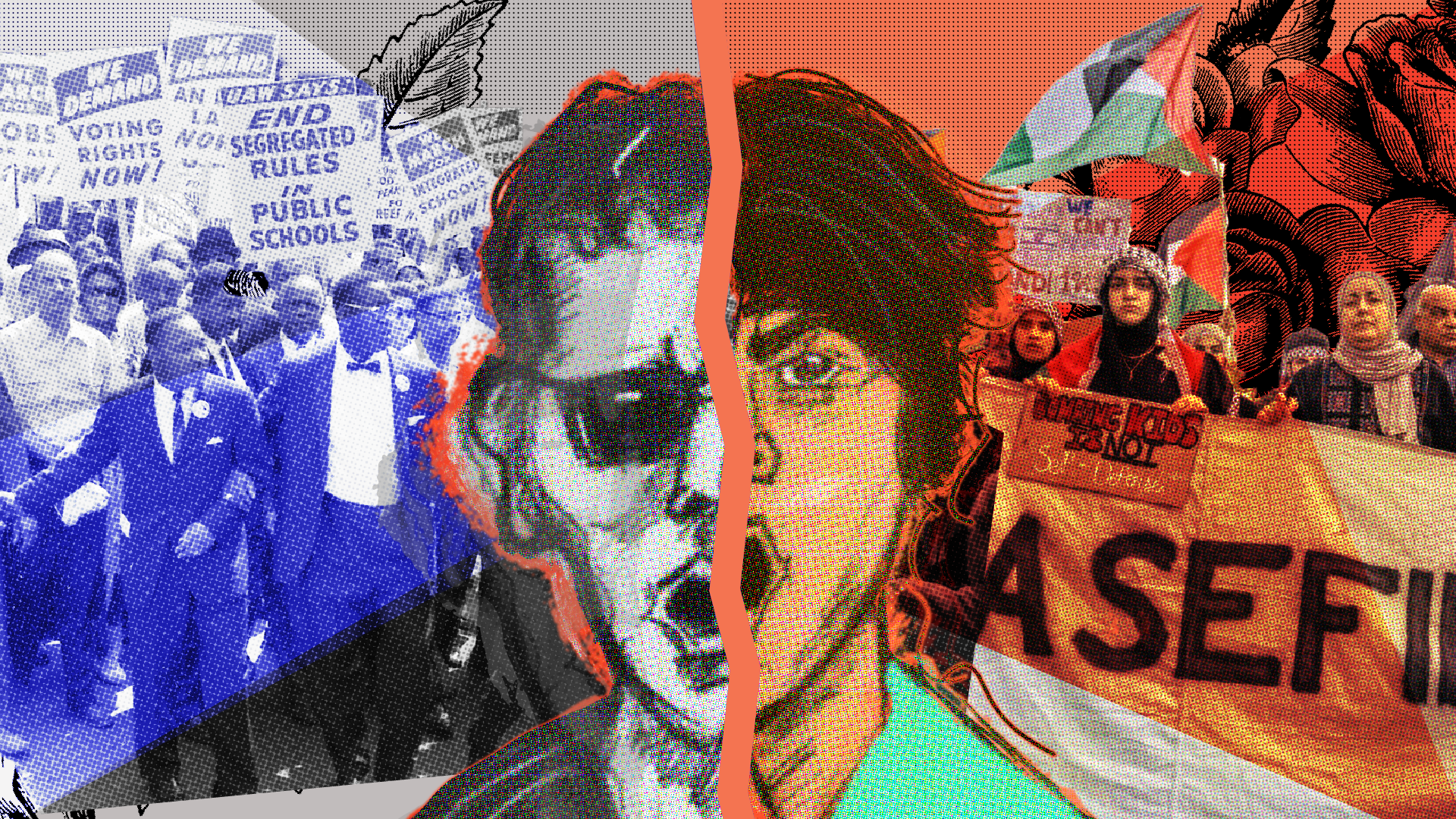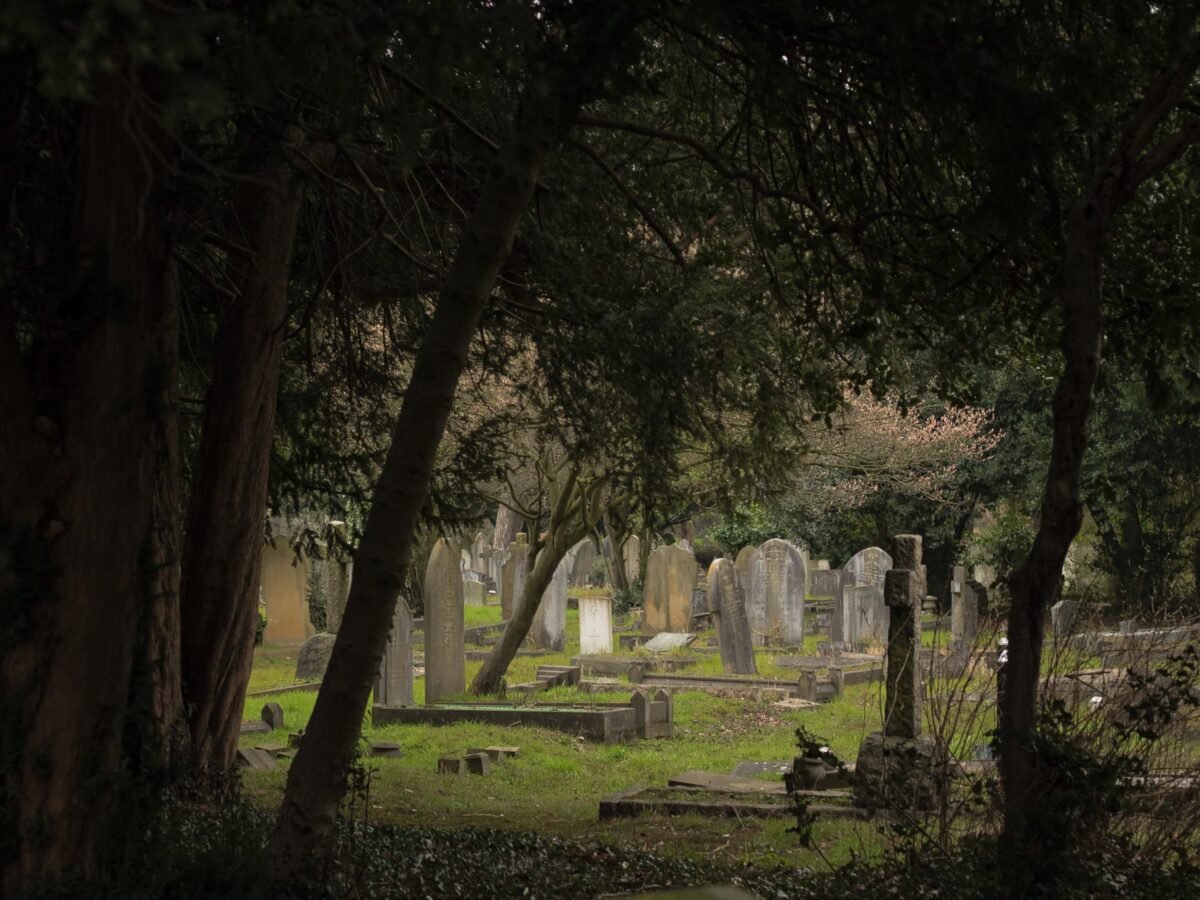Somewhere in storage,
there's a home video of me as a toddler,
barely standing in the driveway of my late grandparent's house.
My sister is also in the frame dancing, ever the performer when the camera is rolling.
I am toes to heel with her, carefully arranging my index and middle fingers to form a sign, the meaning of which I would not learn until many years later,
and saying assuredly:
"Peace to the Middle East."
I am now 36.
And the words that l uttered as a child have yet to come to fruition.
There is so much to be cynical about.
But as Mariame Kaba and Kelly Hayes remind us in Let This Radicalize You,
"As you strategize in the face of cynicism ask yourself,
'What is the outcome you want? Do your words and actions lend themselves to the creation of that outcome?'"
So at 36, I shape my mouth to say, "Palestine will be free" every chance I get,
even in the face of insurmountable odds.
I know now that my lips cast spells that make freedom a possibility.
Recently, I saw two nearly identical photos both depicting an angry mob of white people.
One from 1962: white folks violently protesting school integration.
The other from 2024: white folks violently supporting the genocide in Gaza.
The lede, "White supremacist ideology stripping white people of their humanity once again," was buried by the caption,
"Mississippi hasn't changed one bit."
There is so much to be cynical about.
But Kelly Hayes and Mariame Kaba warn us that cynicism tricks us into believing "we are experiencing an unchanging and inalterable cycle, so there's no point in getting riled up about it."
The rural South is not home to the cynicism that is thrust upon us.
We don't let too much grass grow beneath our feet here in the country's underbelly
because like our foremother Fannie Lou Hamer once said,
"You can pray until you faint, but if you don't get up and try to do something,
God is not going to put it in your lap."
Here in the South, we build Freedom Farms, form Student Nonviolent Coordinating Committees,
and resist Cop Cities that collaborate with the IOF.
We pray and dream of alternate futures, and we get up and try to do something.
Our existence is evidence of change wrought by our own hands:
"We do not suffer oppressions identical to those of our ancestors…
our struggles have shifted
in shape, form, and context
because our ancestors resisted."
There is so much to be cynical about.
But even as so-called Israel descends on Rafah,
and white nationalists join arms with Zionists
who join arms with cops
who join arms with university administrations
who join arms with those who are silent,
to crush student solidarity encampments across the country;
we must reject the framework of cynicism
that whispers in our ear, telling us that nothing will ever change.
From Rafah to Mississippi, from Congo to Los Angeles, from Sudan to New York City, from Haiti to Chapel Hill:
We must "draw connections between our struggles, rather than making comparisons [because it] lends itself to empathy, which is essential in our work. The goal is to pull people into active formation and build something.
When we organize people, we are inviting them to relate to others.
We are also reminding them, or perhaps even telling them for the first time, that their fate, their liberation, and their particular social concerns do not exist in any kind of singularity."


